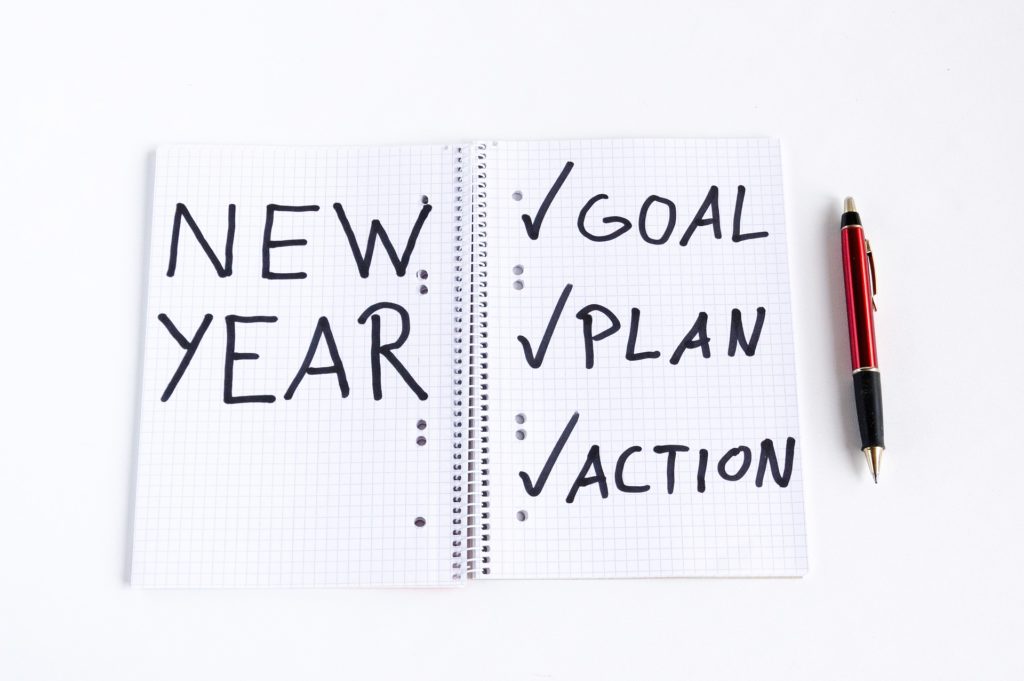
By Yvonne Milosevic
So, how are those New Year’s resolutions holding up? Many of us have vowed to make positive changes in our lives as we settle into 2020. Maybe you want to eat better. Work out more (or at all). Learn another language. Improve your financial health. We know intellectually that we need to change our habits if we want to see lasting results. But dang if it isn’t hard to resist temptation and fall back into our comfortable ways.
Recently on NPR’s Hidden Brain, host Shankar Vedantam talked about habits with Wendy Wood, a professor of psychology and business at the University of Southern California. In her book “Good Habits, Bad Habits: The Science of Making Positive Changes That Stick,” Wood says understanding the psychology behind our routines can help us become better at building good habits and ditching the bad ones.

Willpower is overrated
Through her research, Wood discovered that we overestimate the role of willpower. That’s why Just Do It doesn’t always work. Sure, commitment, intentions, and self-control are there at the beginning for most of us drawing up those resolution lists. But, says Wood, “conscious willpower is not the driving force behind sustained behavior change.” Even more essential is building self-reinforcing habits.
Habits, she explains, are the mental associations formed by repeating an action in a given context. In one study, Wood discovered that roughly 43% of our everyday activities happen in the same context. We think we’re actively making decisions that guide our behavior. In reality, we operate on autopilot for much of the day. “It’s very much like driving,” Wood says.
How, then, do we form the habits we desire or break the bad ones? It’s all about friction.
Introduce (or remove) friction
Consider the way Netflix has trained us to become a nation of binge-watchers. They do it by automatically starting the next episode of your favorite show. How annoying would life be without the ease of automatic account logins? What about the convenience of one-click purchasing on Amazon and PayPal? For good or ill, “Anything that reduces the struggle and the stress is going to make habits more likely to form,” Wood notes.
If you want to cultivate good habits, you’ll need to make it easier to do them. For example, do you need extra motivation to hit the gym? Then sleep in your workout clothes or pick a favorite show you can only watch on the elliptical. Set up automatic transfers to your savings account with every paycheck. Likewise, committing to receive a CSA box of produce on your doorstep each week can ensure you eat more veggies. But if you want to break a bad habit, you need to get friction involved.
Strive for inconvenience

Has social media scrolling become a daily time suck? Then delete those apps from your phone. If healthier eating is a goal, keep the cookies out of the house and replace them with an approved option. Say your spending is out of control. Try leaving your credit cards at home and carrying only cash.
“If you want to make it more difficult to do something,” says Wood, “then you figure out ways to add friction to the behaviors that you don’t want to engage in. That makes you stop and think and, perhaps, gives you a bit of a chance to realize, oh, this is not really what I intended.”
By making bad habits more inconvenient, that friction alone can lead us toward making more virtuous choices. The beauty of friction is that we don’t even need strong willpower. Amen to that.
Next week, we’ll share two more strategies to resist temptations and motivate good behaviors. Fair warning: one involves putting your money where your mouth is. Stay tuned!


